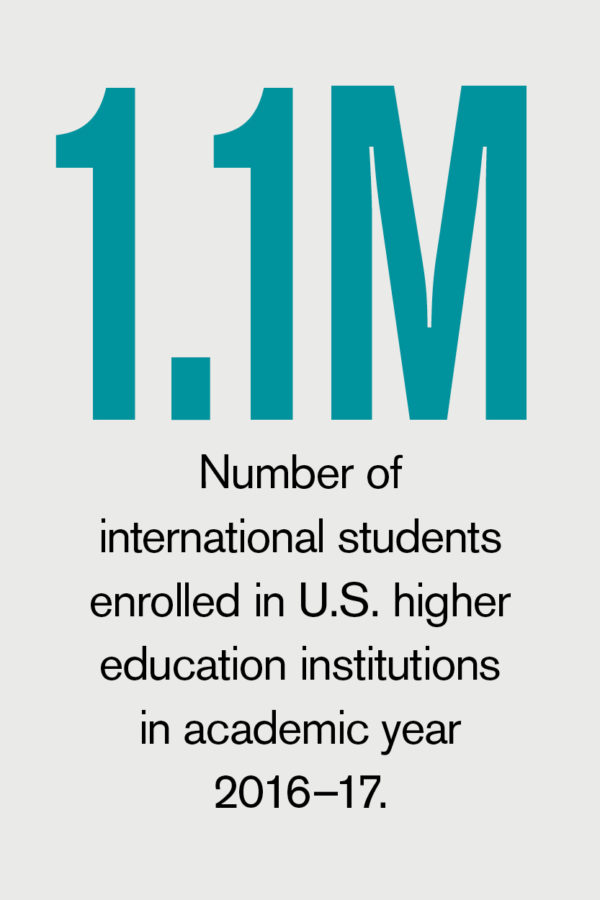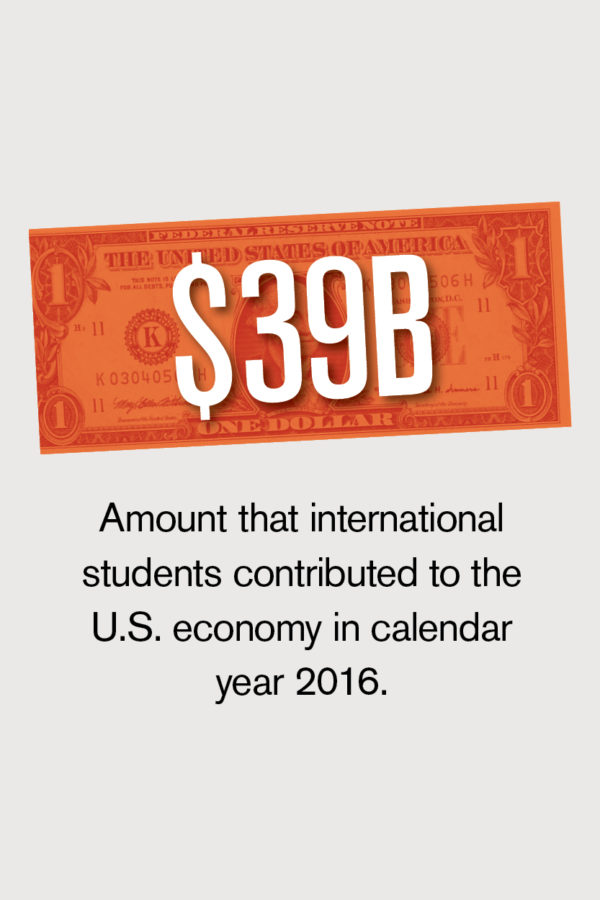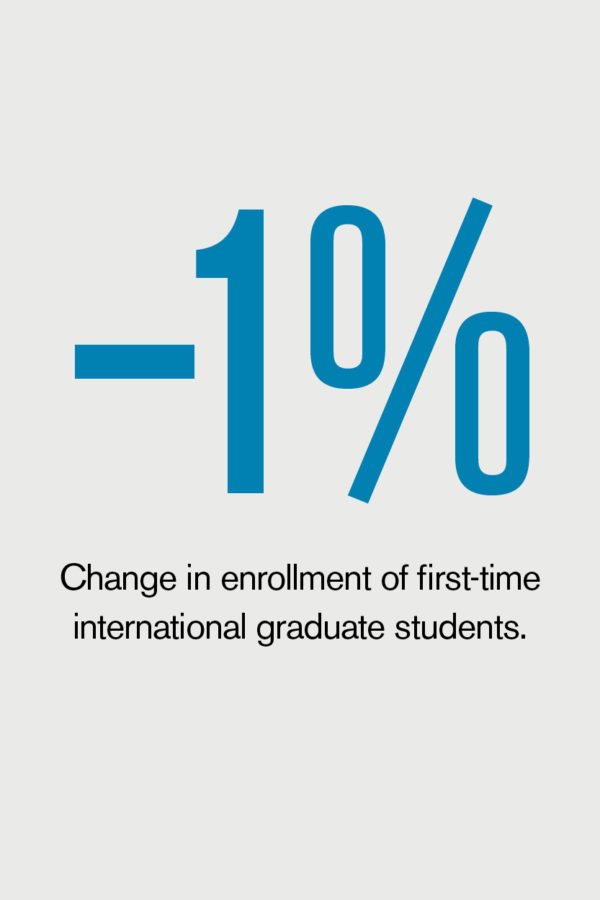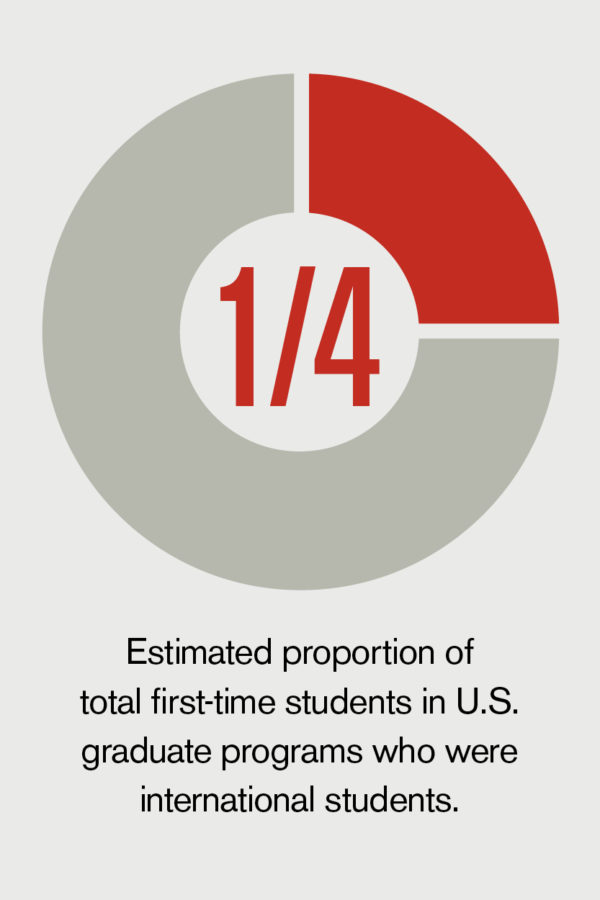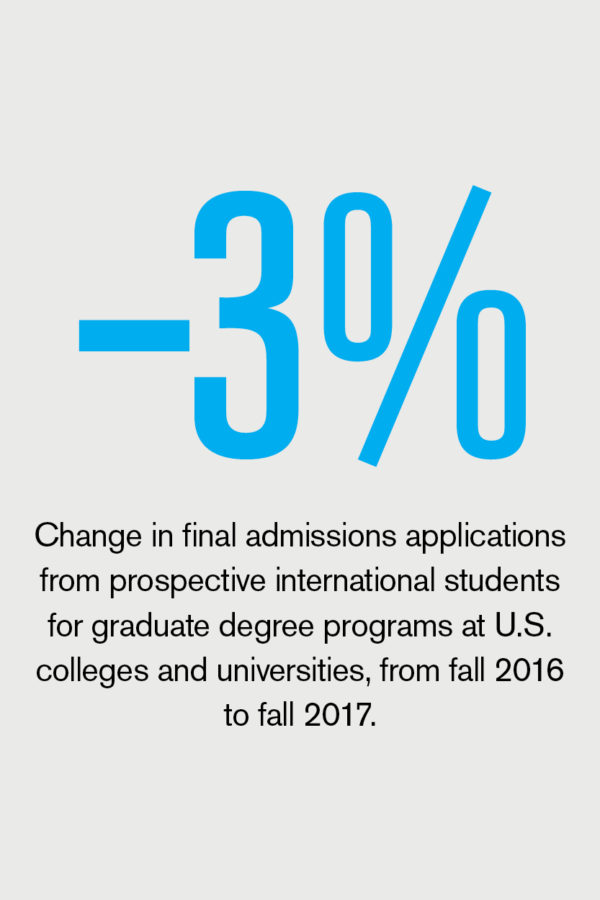Faculty and staff at Indiana University (IU), Bloomington, are making headlines on purpose. In fact, increased media coverage of research efforts and subject matter expertise align with the university’s strategic plan, which calls for highlighting IU’s “community of scholars.” The launch of a public, searchable database in August 2017 has made it easier to execute this strategy.
“We wanted to provide a resource for finding in one place the information about IU faculty and staff experts,” says Nicole Wilkins, the university’s senior director of strategic communications. Wilkins and her team led the effort to launch the database. “Most days we’re helping members of the media find experts to talk to about a variety of subjects, ranging from the Olympics and severe weather to school shootings and space exploration,” she explains. “Establishing the database has made it easier for them to identify our faculty superstars.”
For example, several journalists have connected with Jennifer Drobac through the IU Experts Database. An IU law professor since 2001, Drobac teaches a course on sexual harassment law and is the author of Sexual Harassment Law: History, Cases, and Theory (Carolina Academic Press, 2005). Her expertise has been in demand in the wake of the #MeToo social media campaign; she has been featured in interviews with various news outlets, including the Christian Science Monitor, Reuters, and NBC News.
While Wilkins and members of the IU communications team were already aware of Drobac and her area of expertise, other faculty members are more recent additions to the database, as new positions or honors have raised their professional profiles.
“We’ve made a point to add certain experts to the database after we anticipate they may be in the news,” Wilkins explains. “For instance, we added Lisa Pratt, a professor emerita in the department of earth and atmospheric sciences at IU Bloomington, after her appointment as NASA’s planetary protection officer, and she has been receiving national and international attention for her expertise.”
Including more than 750 faculty and staff members, the database has helped bring the expertise of IU staff and faculty to larger audiences. “We’re seeing greater use of IU experts, and we’ve definitely seen an uptick in our media mentions,” Wilkins notes.
Connecting All Communications
From a tactical standpoint, the entire database was built in-house. “Marketing, creative services, information technology—these internal departments are all part of the communications unit,” Wilkins says. “We were able to leverage these skills to complete the project,” which began with the launch of a redesigned website, News at IU, in March 2017. According to Wilkins, the new site combined all the university’s media resources into “one main news portal.” Once the news hub was up and running, the experts database followed.
To finance the news site and database, the communications department allocated funds as part of its operational budget. “Funding within our unit was approved,” Wilkins says, “and we didn’t share that cost with our internal partners.”
By ‘partners’, Wilkins means the multiple communications departments spread across IU’s seven campuses. “Campuses like ours are so big, and many of the schools have their own communications teams,” she explains.
“We started building support for the experts database by working with [these] colleagues across campuses to get their buy-in and then develop messaging to share with deans and campus leadership to get their support.
“Nothing was created in a vacuum,” Wilkins continues. “Getting widespread buy-in from the start went a long way toward making the project a success. We gathered feedback on the tool and did testing with our partners to evaluate its functionality, design, and look. We solicited input at different checkpoints throughout the process, garnering support from our partners in the beginning of the development process rather than at the end.”
Since the launch of the database, Wilkins and her colleagues “have been working together more on stories that have implications across our campuses, state, and the country.”
Building a Base
This same spirit of partnership was essential for encouraging faculty and staff to participate in the database. “We had complete support from across the IU System,” Wilkins says. “Every school sent out an invitation to faculty and staff asking them to participate in the database.”
In addition, Wilkins’ team found opportunities to meet with new and existing faculty to engage them in the project. “In general, faculty and staff were excited about being included in the database,” she says, “especially new faculty who need clippings that establish their subject matter expertise as part of the tenure process.”
Each faculty or staff member self-selects to participate in the database. Once they register online, their forms are routed to the appropriate departmental communications teams for review.”
Once interest in the experts database began to grow, Wilkins and her team took steps to ensure that IU experts would put their best foot forward with the media. “We developed a more robust media training program that can be delivered in groups or one-on-one,” she explains. “We wanted to make sure they were comfortable with giving interviews and interacting with the media.”
With a solid foundation in place, Wilkins expects that usage of the database will only continue to grow as more stakeholders, internally and externally, become aware of it. “It’s helping people make connections on and off campus,” she says. “It’s a really good first stop for research on a wide range of topics.”
Searching for Scholars
Wilkins had envisioned the members of the media as the primary users of the database. However, as it turns out, other key stakeholders see it as a valuable research tool, as well.
“It’s been phenomenal,” Wilkins observes. “We’ve utilized our partners in the Office of the Vice President for Research to identify areas of expertise not represented in the database and then used it to pair faculty for research opportunities.”
With one of the largest alumni associations in the country, IU expected a strong alumni user group. According to Wilkins, “Alumni are using the database to identify speakers for their meetings and other gatherings, and highlighting our experts through their [various] communications channels.
“These additional database applications have been surprising,” she acknowledges, “and we’re thinking through additional ones and how we can continue to partner with other groups on campus.”
Overall, creating the experts database has helped the communications team be more responsive to media inquiries, and it will be an ongoing process to make it stronger by adding more experts. But so far, Wilkins is pleased with how the database has been received. “Response to the IU Experts Database has been overwhelmingly positive,” she says. “IU is celebrating its 200th anniversary in 2020, and development of the database was viewed as a key component in making progress towards our bicentennial goals. We continue to receive submissions from faculty and staff regularly.”
To search the IU Experts Database, visit https://news.iu.edu/iu-experts.
SUBMITTED BY Apryl Motley, Columbia, Md., who covers higher education business issues for Business Officer.





